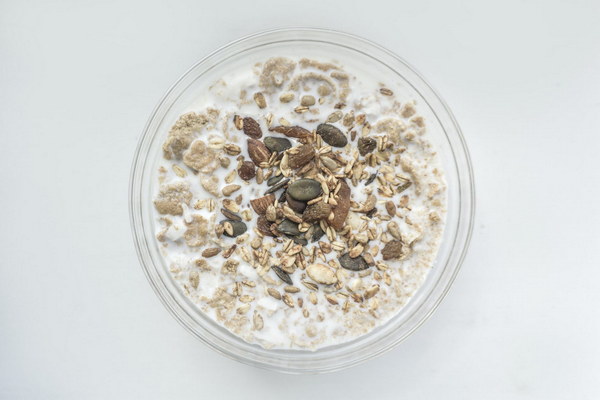Daily Liver Care Simple Steps for a Healthy Liver
Daily Liver Care: Simple Steps for a Healthy Liver
The liver is one of the most vital organs in the human body, responsible for filtering blood, metabolizing nutrients, and detoxifying harmful substances. Maintaining liver health is crucial for overall well-being. While medical treatments are essential for certain liver conditions, daily lifestyle choices play a significant role in preserving liver function. Here are some simple yet effective steps you can take to care for your liver on a daily basis.
1. Eat a Balanced Diet
A balanced diet rich in fruits, vegetables, whole grains, lean proteins, and healthy fats is beneficial for liver health. Here are some specific dietary recommendations:
- Increase Your Fruit and Vegetable Intake: These foods are packed with antioxidants that help protect your liver from damage. Aim for at least five portions a day.
- Choose Lean Proteins: Lean proteins such as chicken, turkey, fish, and tofu are good for your liver. They help with the production of proteins that are essential for liver function.
- Include Healthy Fats: Foods rich in omega-3 fatty acids, such as walnuts, flaxseeds, and fatty fish, can help reduce inflammation in the liver.
- Limit Processed Foods and Sugary Drinks: High sugar and processed foods can lead to fatty liver disease. Opt for whole foods and avoid excessive sugar intake.
2. Stay Hydrated
Drinking plenty of water is crucial for liver health. It helps to flush out toxins and maintain normal liver function. Aim for at least 8 glasses of water per day, and more if you engage in physical activity or live in a hot climate.
3. Avoid Alcohol
Excessive alcohol consumption is a leading cause of liver disease, including cirrhosis and liver cancer. If you drink alcohol, do so in moderation. For men, this means no more than two drinks per day, and for women, no more than one drink per day.
4. Exercise Regularly
Regular physical activity can help improve liver function and reduce the risk of fatty liver disease. Aim for at least 150 minutes of moderate-intensity aerobic exercise per week, along with muscle-strengthening activities on two or more days per week.
5. Avoid Over-the-Counter Medications
Over-the-counter medications, such as acetaminophen, can damage the liver if taken in excessive amounts. Always follow the recommended dosage and consult with a healthcare professional before starting a new medication.
6. Manage Chronic Conditions

Chronic conditions like diabetes, high cholesterol, and high blood pressure can strain the liver. Managing these conditions through medication and lifestyle changes can help protect your liver.
7. Get Regular Screenings
Certain liver diseases, such as hepatitis B and C, can be asymptomatic in the early stages. Regular screenings can help detect these conditions early and allow for timely treatment.
8. Reduce Exposure to Toxins
Toxins found in the environment, such as certain cleaning agents and pesticides, can harm the liver. Use natural, non-toxic alternatives whenever possible and wear protective gear when handling hazardous substances.
9. Maintain a Healthy Weight
Being overweight or obese increases your risk of developing fatty liver disease. Losing weight, if necessary, can help improve liver health.
10. Manage Stress
Chronic stress can lead to a variety of health issues, including liver problems. Practice stress-reducing techniques such as meditation, yoga, or deep-breathing exercises to maintain a healthy liver.
By incorporating these daily habits into your lifestyle, you can help ensure that your liver remains healthy and functions optimally. Remember, liver care is an ongoing process, and it's never too late to start taking better care of your liver.









